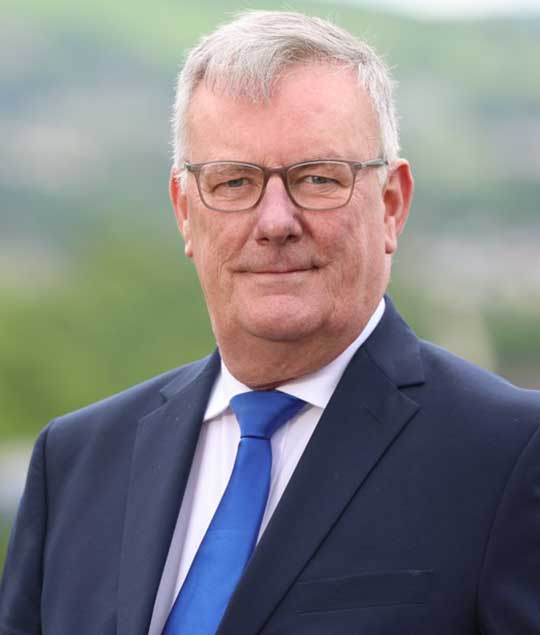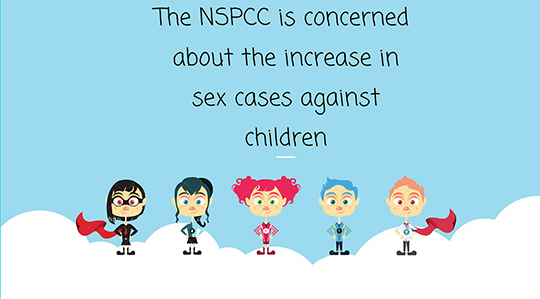Domestic and Sexual Abuse Strategy launched
Creating a society where domestic and sexual abuse are not tolerated is a key aim of a new strategy which has been unveiled today (Wednesday 25th September 2024).
Justice Minister Naomi Long and Health Minister Mike Nesbitt jointly launched the Domestic and Sexual Abuse Strategy, which includes data showing that on average domestic abuse is reported to police every 16 minutes and a sexual offence every two hours.
The strategy makes clear that domestic and/or sexual abuse cannot be tackled in isolation, and that a whole society approach is required.

Central to this is ensuring the voices of victims, including children and young people, are valued and at the core of decision making.
The Ministers also announced a Children’s Sexual Offences Legal Advisers (SOLA) scheme, which will provide free legal advice to children and young people affected by sexual crime, as well as a small grant scheme to support the invaluable work provided by the community and voluntary sector.
Justice Minister Naomi Minister Long said, speaking at the launch held in NSPCC’s Belfast headquarters: “We know that domestic and sexual abuse transcends boundaries of gender, age, sexual orientation, and ethnicity.
“It is insidious and pervading, leaving an indelible mark. Its victims are those who have been directly impacted by it and those who have witnessed it, or who live in its formidable shadow.
“We are committed to creating a society in Northern Ireland where domestic and sexual abuse are not tolerated, where victims receive the support they need and where those responsible are held to account.
“This strategy is our sincere attempt to deliver on that aim, so that no one has to live in fear of abuse.”

Health Minister Nesbitt said: “Everyone has the right to live a life that is safe and free from the fear of domestic and sexual abuse. That is the ultimate aim of this strategy.
“We are building on what we know works, on evidence-based practice, and we will continue to listen to the voices of those with lived experience.
“Partnership is a key thread running through this strategy. If we are going to tackle domestic and sexual abuse, we need to work together. None of us can do this alone.”
The seven-year strategy is designed around five pillars: partnership, prevention, children & young people, support and provision, and justice.
Bronagh Muldoon, Assistant Director NSPCC Northern Ireland, said: “NSPCC Northern Ireland welcomes today’s launch of the new Domestic and Sexual Abuse Strategy, in particular, Pillar 3 on Children and Young People.
“Sexual abuse in childhood can have a long-lasting negative impact that can reach into adulthood.
“Domestic abuse always has an impact on children. They do not have to hear or witness it, simply living in a home where domestic abuse takes place can cause immense trauma.

“The strategy is an important milestone and provides a focus on key areas that require cross-government action.
“NSPCC NI is committed to working with government and our partners to prevent, recognise and respond to child sexual abuse and domestic abuse in Northern Ireland.”
A three-year action plan has also been published online with a wide range of actions under each pillar.
Further action plans will be developed over the lifetime of the strategy and will take account of new evidence and any emerging challenges.
The Domestic and Sexual Abuse Strategy (Domestic and Sexual Abuse Strategy 2024-2031 | Department of Justice (justice-ni.gov.uk) is closely aligned to the Executive’s Ending Violence Against Women & Girls Strategy – https://www.executiveoffice-ni.gov.uk/topics/ending-violence-against-women-and-girls), although, importantly, is gender inclusive.
The strategy was developed in collaboration with the Department for Communities, the Department of Education and the Executive Office.
Voluntary and community sector partners were also key to the development of the strategy and all partners will work together over the next seven years to implement it.

























